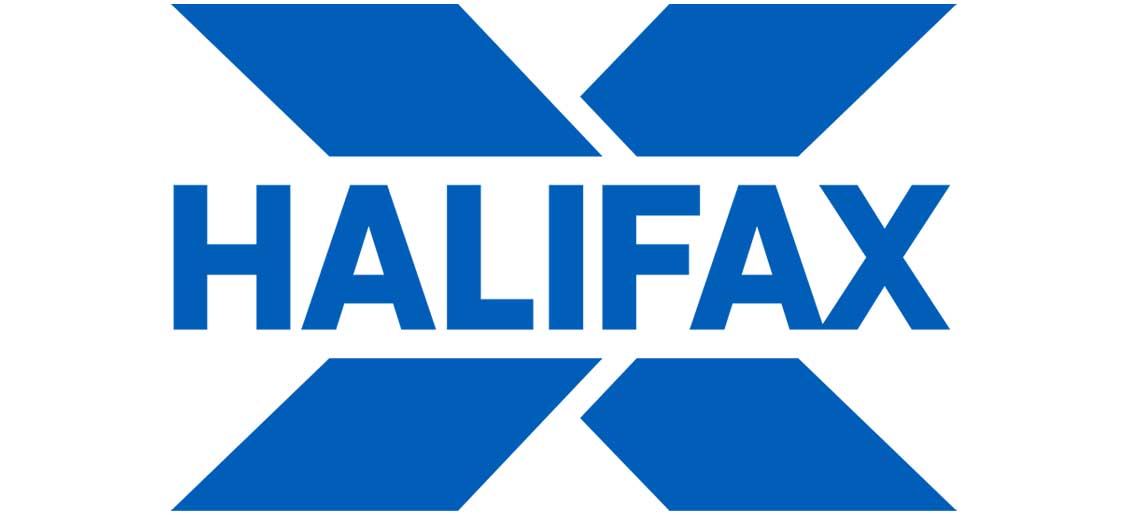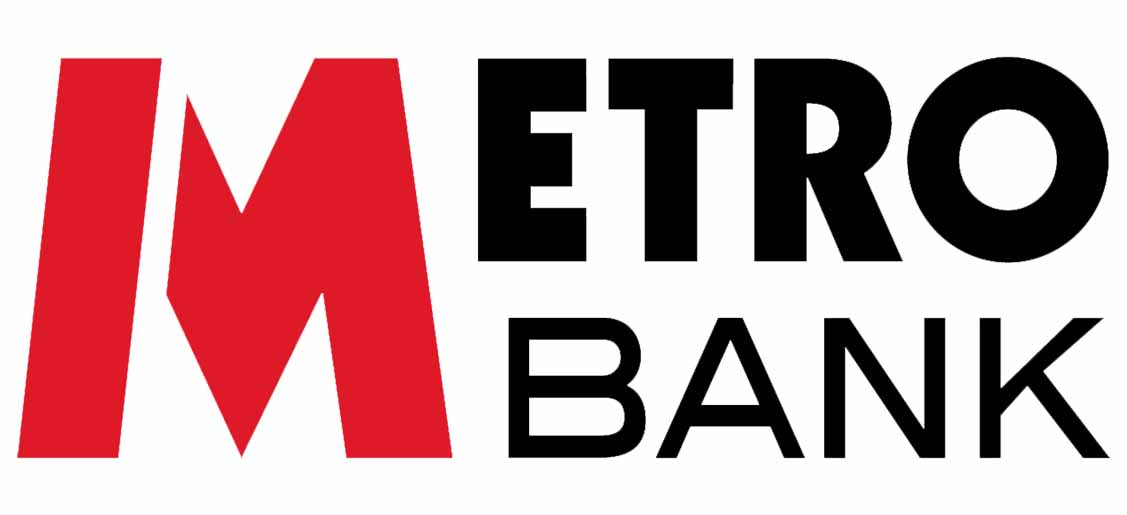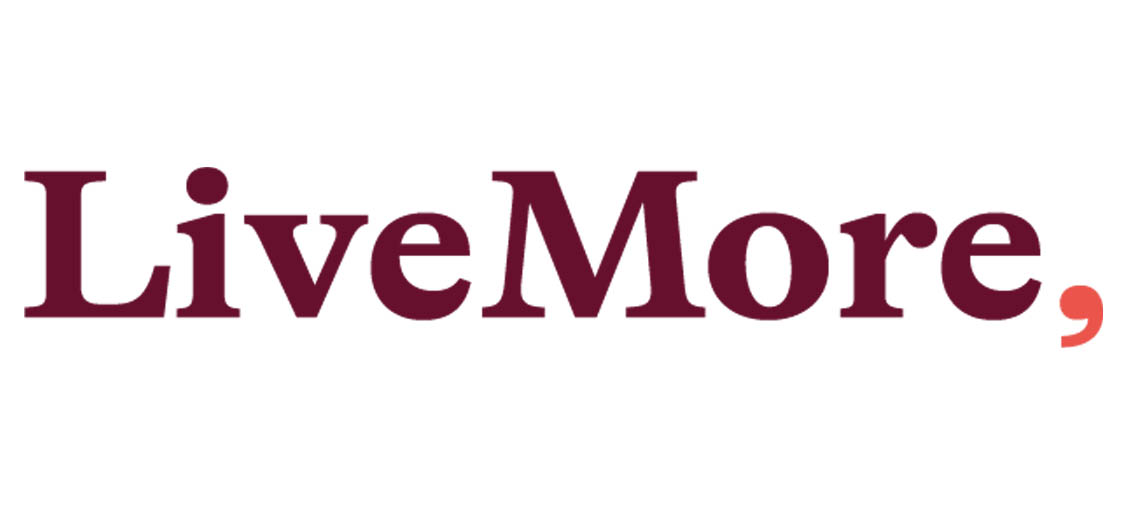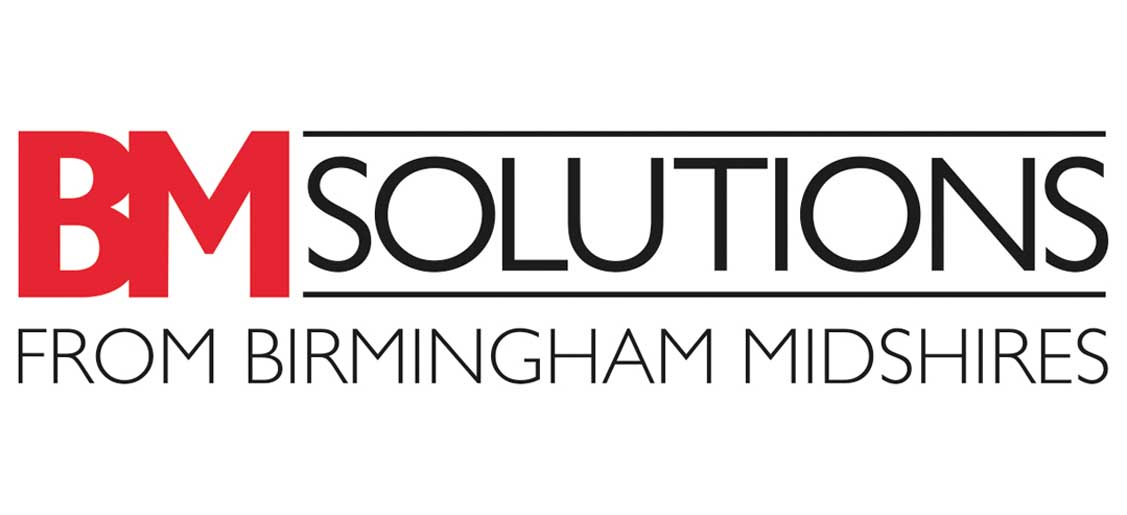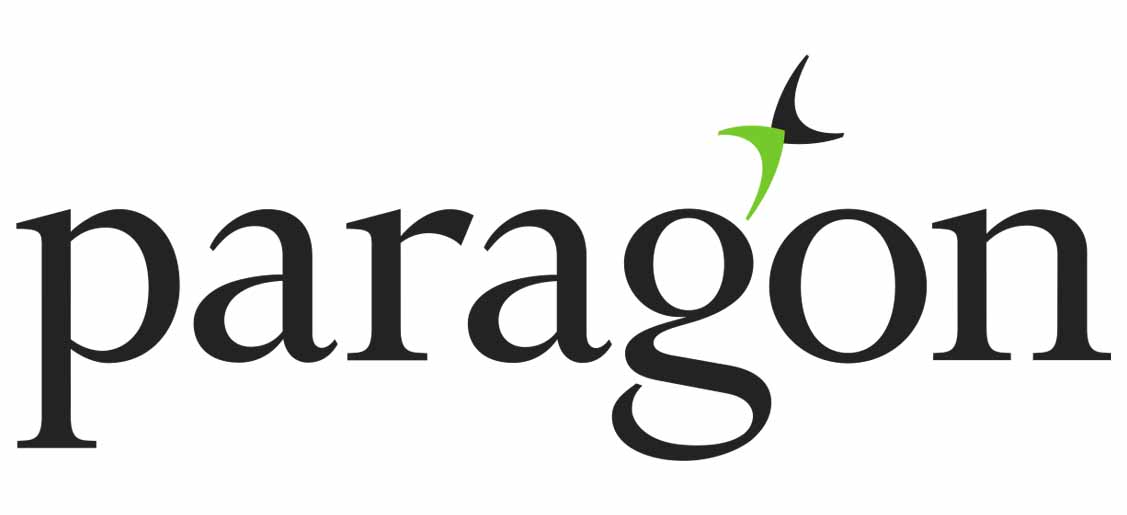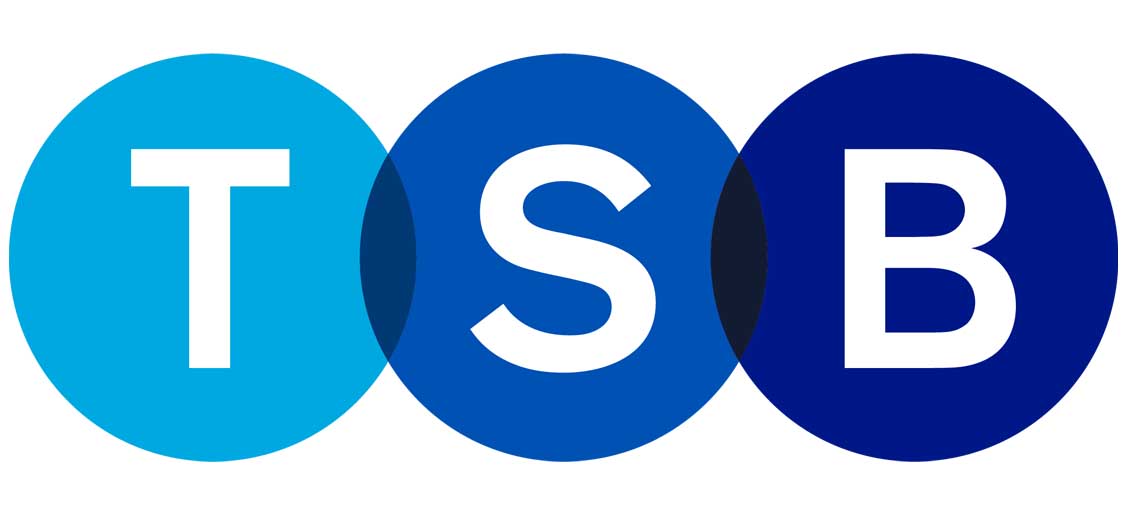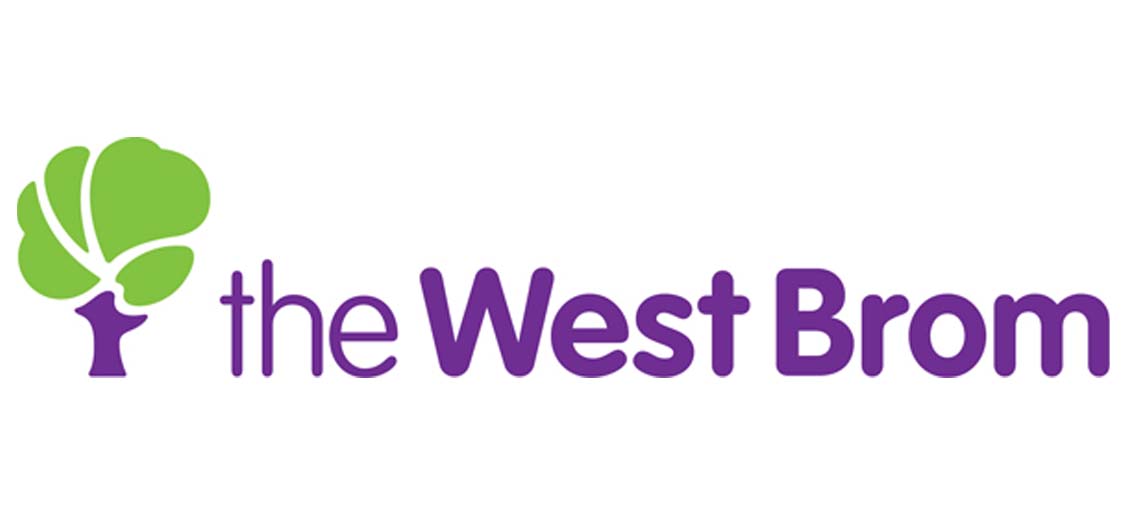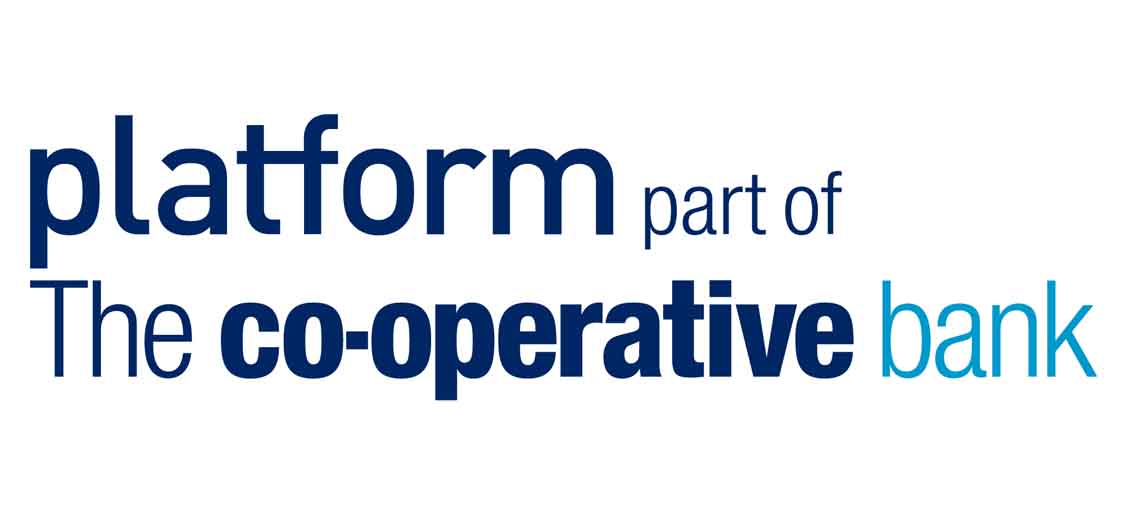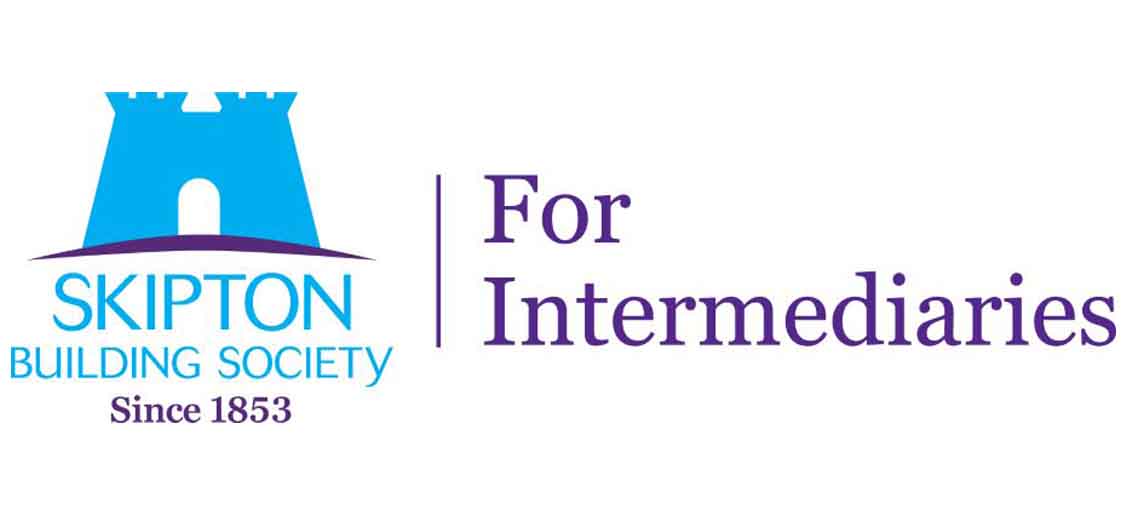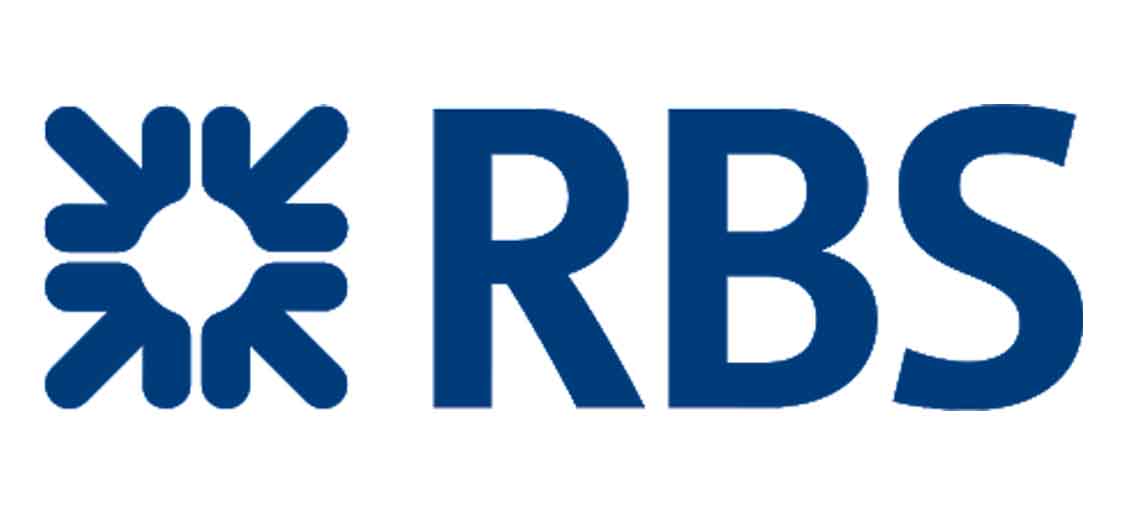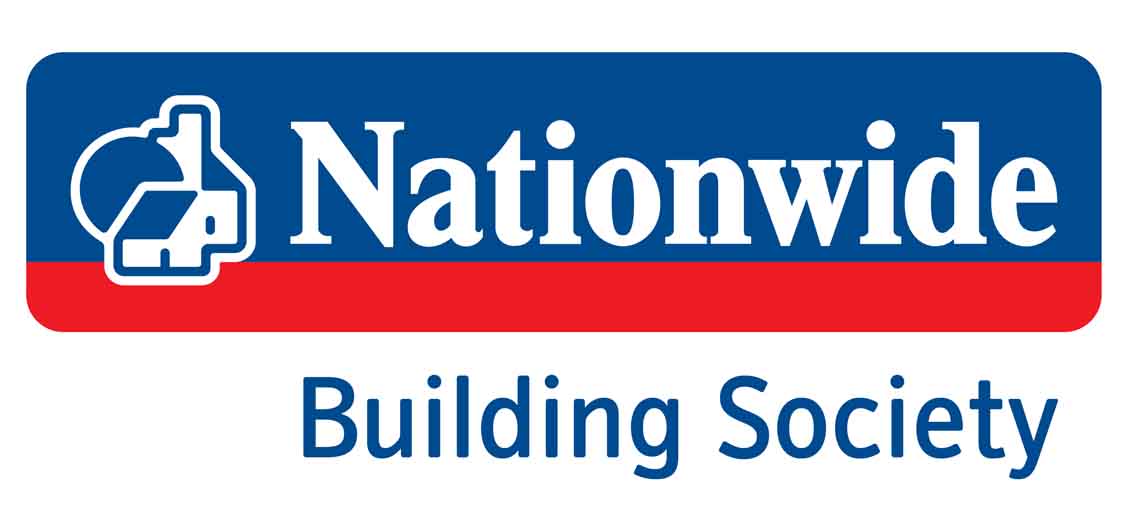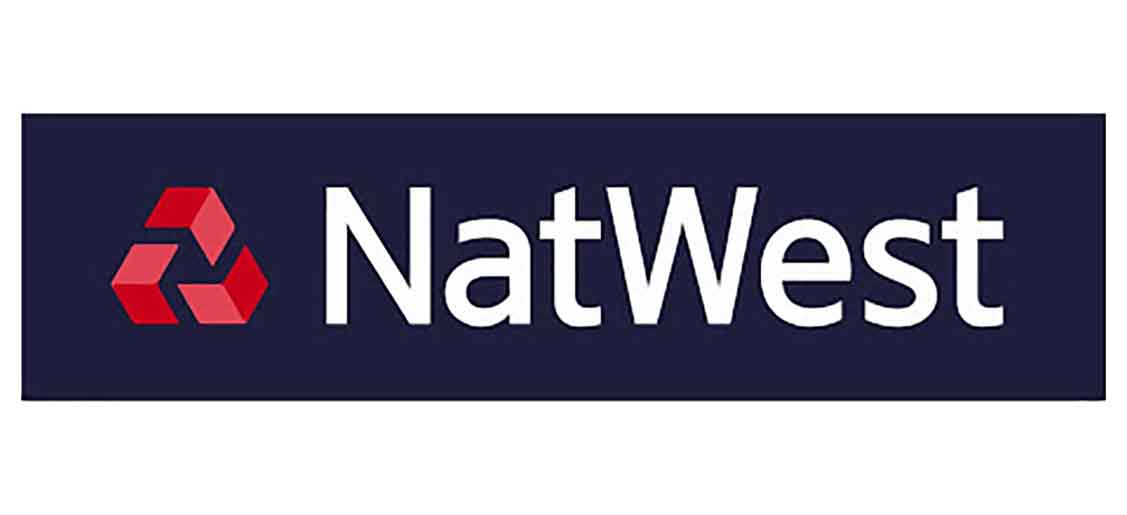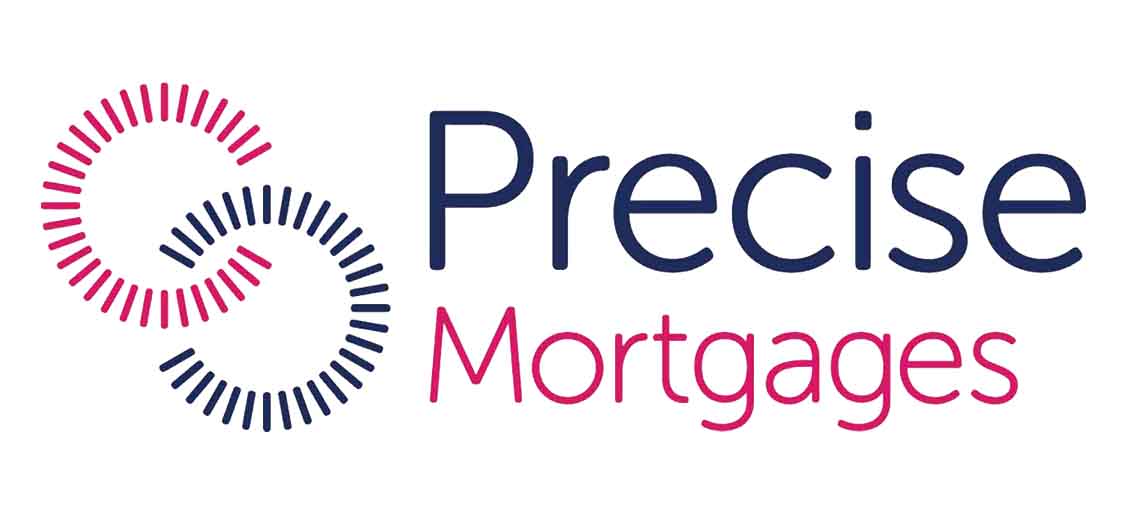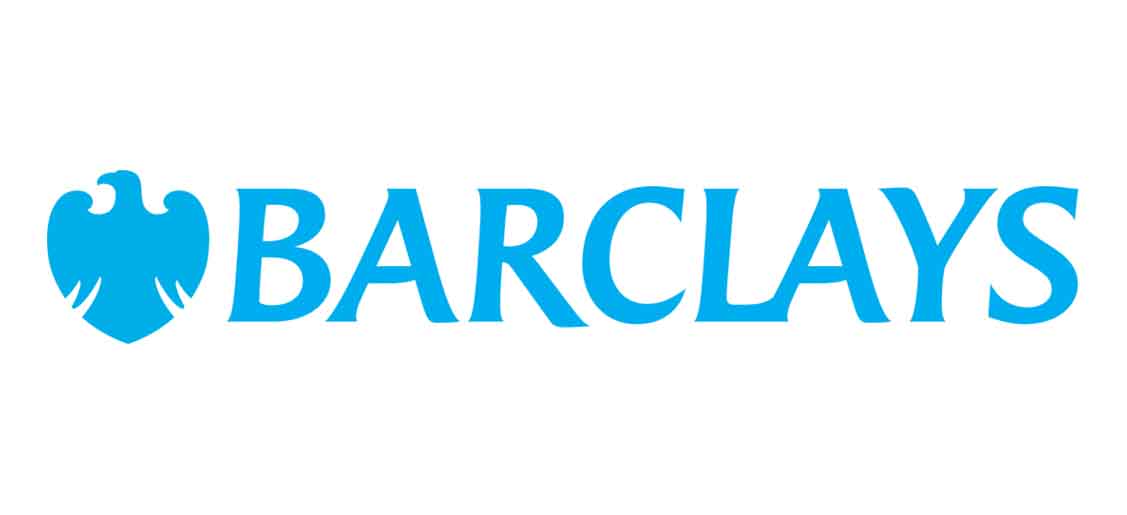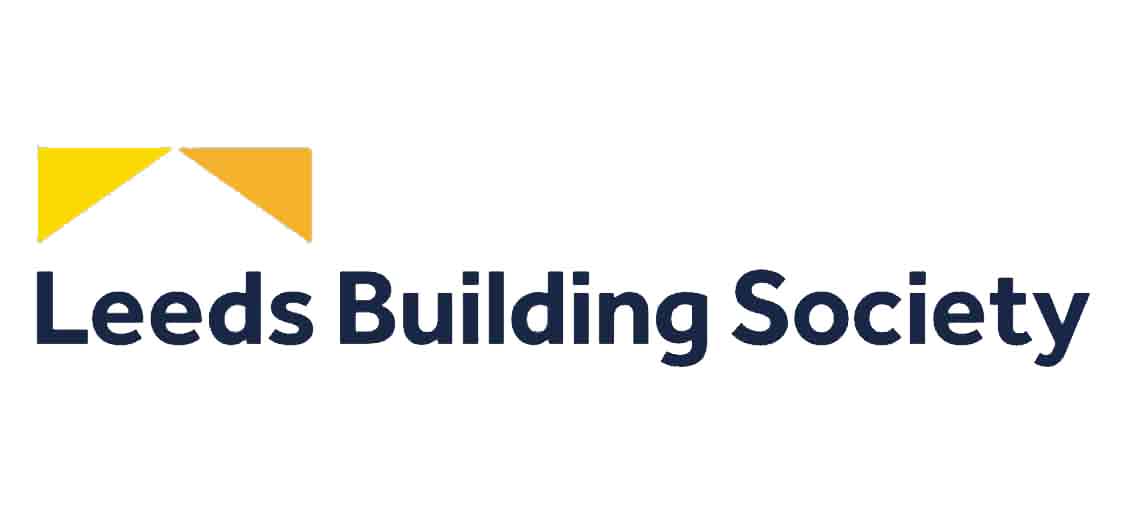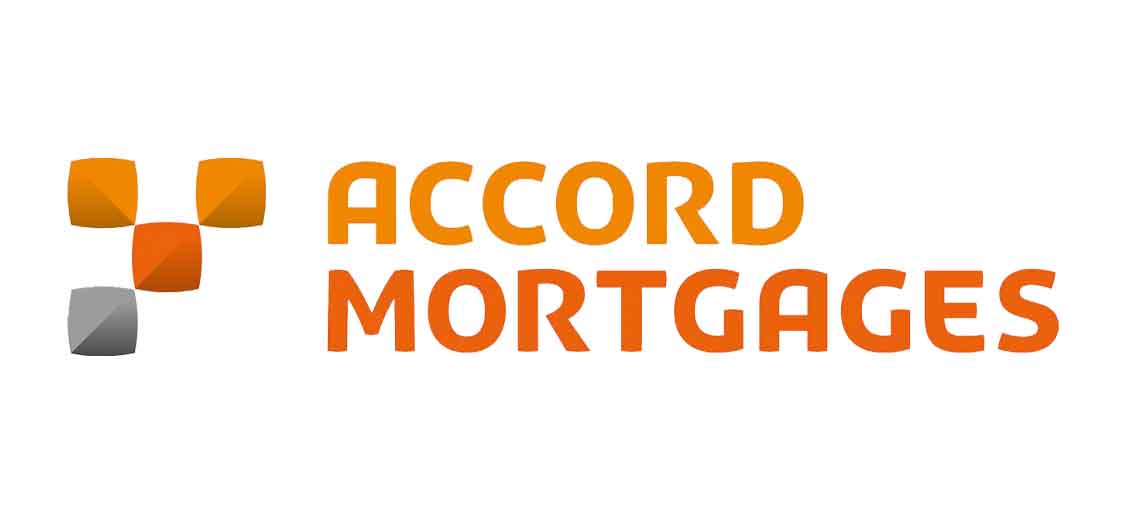How much can you borrow?

Discover how income, commitments, deposit, and credit score impact your borrowing capacity. Get insights on managing debts effectively.
This information is a guide only and should not be relied on as a recommendation or advice that any particular mortgage is suitable for you. All mortgages are subject to the applicant(s) meeting the eligibility criteria of the specific lender. You should make an appointment to receive mortgage advice which will based on your needs and circumstances.
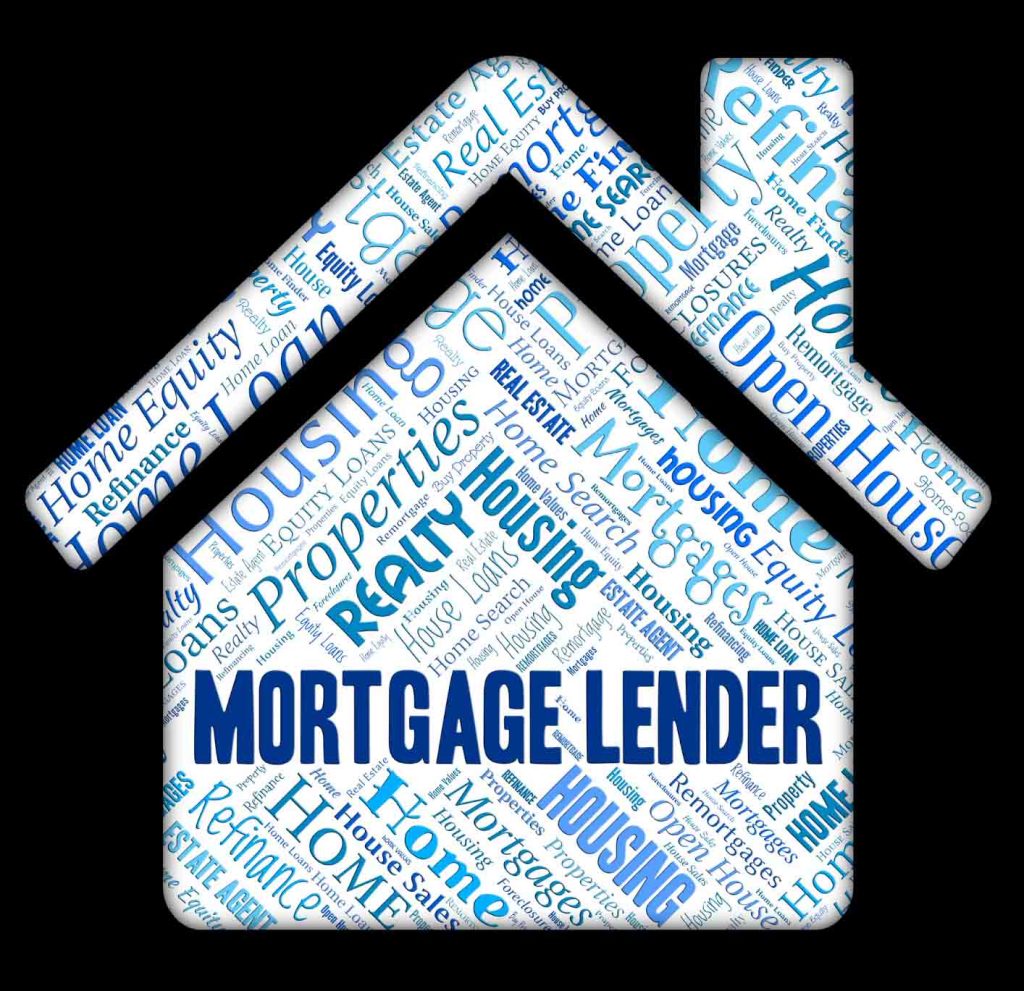
There are numerous points to consider when trying to answer this question, so let’s look at the different area’s that lead to a lender deciding how much they will lend to you
Your eligibility for a loan is usually determined by factors such as your income, monthly obligations, deposit amount, and credit rating. Lenders consider your existing debts from credit cards, personal loans, and car finance when calculating your affordability. A higher deposit puts lenders at ease and may result in them lending you a larger amount relative to your income, as it provides a safety net in case of unforeseen circumstances. If your income includes variable pay like commissions or bonuses, lenders can still consider them, but each lender has different criteria and the duration of receiving such additional income also matters. Additionally, your income must be stable and you should have a good credit score.
Your Property Financial has strong relationships with all of their lenders, so will be able to help you secure the best possible terms with a lender who best fits your circumstance, so you can get the mortgage you need to buy or refinance your home.
Income multiples and affordability assessments
Income multiples
When it comes to obtaining a mortgage the 2 things that can make the biggest difference in what you can borrow are 2 things called Income multiples and your affordability assessment.
Let’s take a look at what exactly those 2 things are, how they impact what you can borrow and how you can improve your situation to take advantage of these.
Firstly, income multiples come from a very simple place: You can reasonably be expected to be able to afford several multiples of your income. In today’s mortgage world, the maximum you would be able to afford is 4-5 times your income, though the exact amount is dependent on your income level, deposit, credit score, affordability assessment, and the lender you go with; your mortgage broker will be able to help advise on this.
Likewise, if your mortgage is to be in joint names then this would reflect both incomes.
Remember not all lenders can go up to this and it’s heavily dependent on your situation, not to worry though as your mortgage broker will be able to research the mortgage market for you to find the lender that can offer you the terms you are looking for.
Not all of your income is treated equally, remember as whereas your basic and fixed income like guaranteed bonuses and things like the London allowance is typically viewed as your “basic income” and therefore easy to evidence and understand; other parts of your income will likely need extra understanding to ensure you can use them for your mortgage.
Let’s look at the different parts of your income: Remember every lender has different income assessments and requirements and your mortgage broker will be able to help advise on the best lender for you.
If you’re employed, then additional income could be some of the following:
- Monthly bonuses
- Annual bonuses
- Overtime
- Commission
If you’re self-employed, then your income is more viewed over the years:
- If you’re a sole trader, then your latest 2 years accounts are used and usually, it’s an average of the 2 years.
- If you’re a director of a ltd company then your latest 2 years accounts plus your SA302 tax year overviews and tax calculations will be required. Lenders will typically average the 2 years provided the latest year declared income isn’t lower than the previous years and some lenders can even look at the latest years figures if they’re going up!
- Remember also as a self-employed individual and especially as a director of a ltd company it is your taxed earnings personally that are taken into consideration. Holding funds in your company (shareholders funds/ retained profit) won’t be included as until you’re personally taxed on this (you take this as salary or dividends) it is still the company’s money.
Complete your details below and we’ll be in touch to help you with your enquiry
(Takes less than 30 seconds)
Affordability assessments and stress testing
Affordability assessments and stress testing is the next main area where lenders will decide how much they will lend to you. Each lender has their very own mortgage affordability and stress testing assessment and there are multiple factors that can affect this and therefore affect how much you can borrow.
Since a very significant piece of mortgage regulation came into effect (the Mortgage Market Review-FCA) all lenders use income multiples as a general guide or maximum lending amount but the real decision on how much they can lend to you is based on your overall affordability assessment and stress test passing.
This can be a very complex area as there are so many factors that impact this and your mortgage broker will be an expert in this and will have the tools and knowledge to understand each lender’s assessment.
Each lender has its own stress test rate for calculating how much your payments would be in a “stressed” scenario. I.e rates climb to a certain level and with that new higher monthly payment due, do all the numbers still add up. The rate varies but can be as high as 7-8% in some cases.
The areas of your finances and circumstance that are typically factored into these calculations:
| If you are purchasing a house or a flat | Your loan-to-value |
| Loan amount requested | Council tax |
| Deposit level | Term of mortgage |
| Stress rates | Number of applicants |
| Number of financial dependants | Variable pay (things like overtime & bonuses) are they monthly, quarterly, or annually |
| Current and future mortgages, both residential and buy-to-let | Leasehold service charges and ground rent |
| Maintenance payments due | Overdraft balances |
| Pension payments | Car finance and Hire purchase |
| Current and future mortgages, both residential and buy to let | Existing life insurance/ Private health premiums |
Mortgage lender criteria
This is another area that your mortgage broker will have extensive knowledge in and that’s mortgage lenders lending criteria.
Mortgage lenders decide themselves who, what, and where they lend their funds to and every lender has their very own specific criteria, or in other words, the things they will say yes to or simply no to.
Remember every mortgage lender (there are over 80 out there) will have their own version of their mortgage criteria so whereas one lender may say no to you with no room for appeal, another lender will happily lend to you with a smile! This is really where your mortgage brokers value shines through as they will know the different mortgage lenders criteria.
If your case doesn’t fit the mould or you’re on the borderline of a criteria point, typically if you applied directly to the mortgage lender, the bank’s computer systems (everything is automated typically to a point) could potentially decline you. Your mortgage broker will, however, have the contacts at each lender so even if on paper it would be a point the lender would typically say no to, your mortgage broker can get this pre-approved or overrule simply by the connections they have at the lender.
Read on to see how your credit score can impact how much you can borrow, the rate of interest charged and if you can even get accepted for a mortgage in 👉🏽“Your Credit Score”
Why choose us

✅ We’re experts in the field – Our team of brokers are specialists in helping individuals get mortgages and can help you understand the most suitable options available to you.
✅ Exclusive rates – not available on the high street special deals!
✅ Rapid solutions – We’re quick, on our first call we will quickly establish your options and let you know the next steps so we can arrange everything promptly for you. If you prefer to speak face to face we can also arrange a video call.



